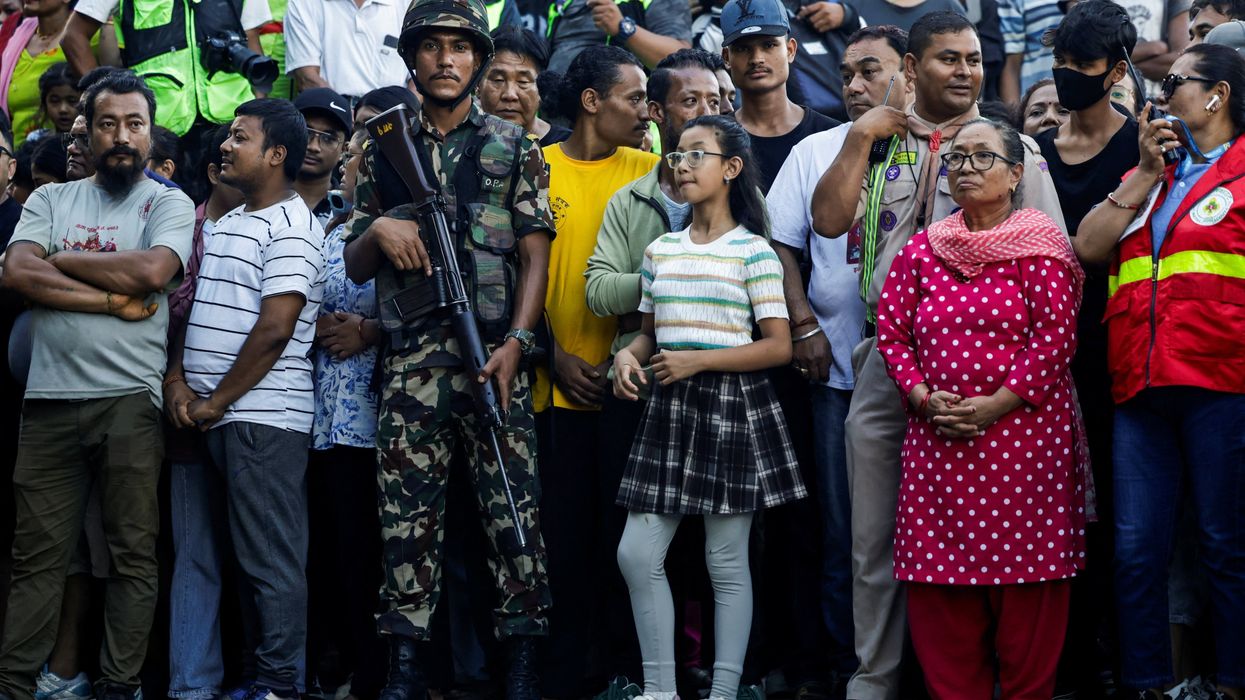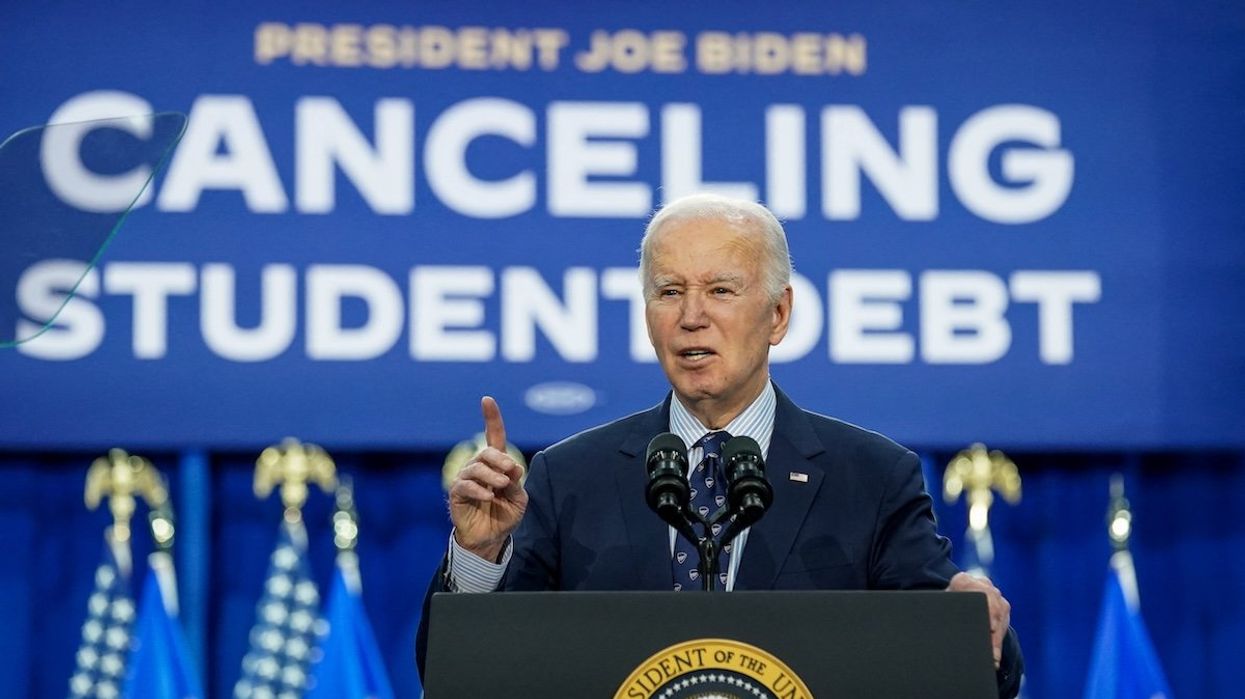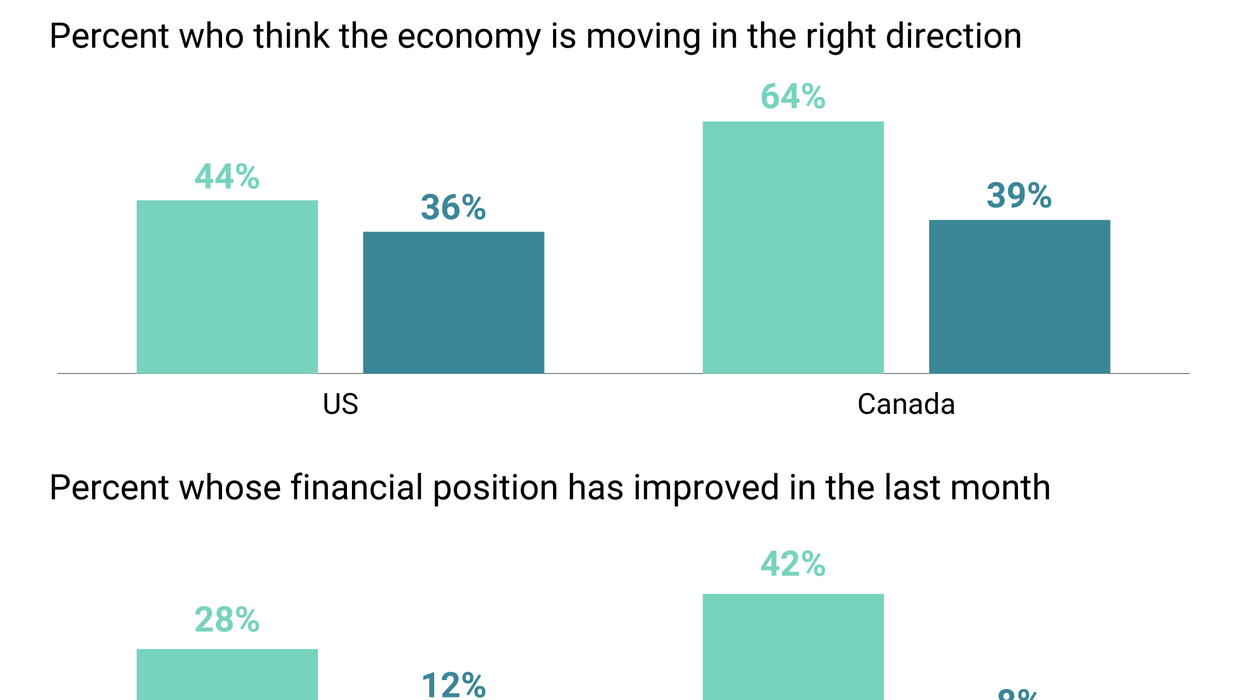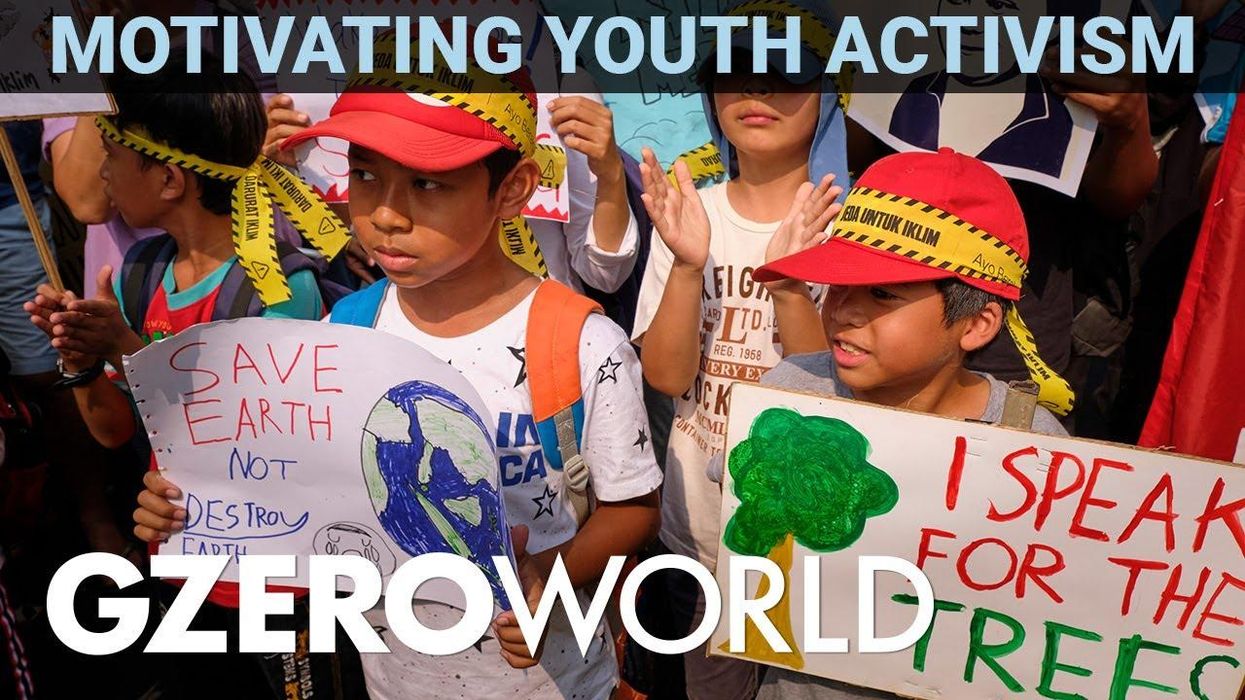Analysis
The kids are not alright
Youth unemployment is making headlines from China to Canada, with many countries’ rates at historic highs. The fallout is fueling Gen Z discontent, creating migration pressures, and threatening social unrest in nations around the globe.
Dec 01, 2025









